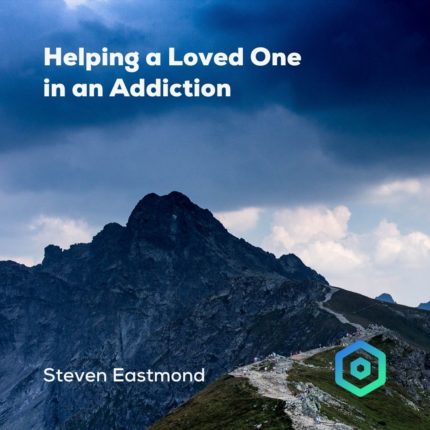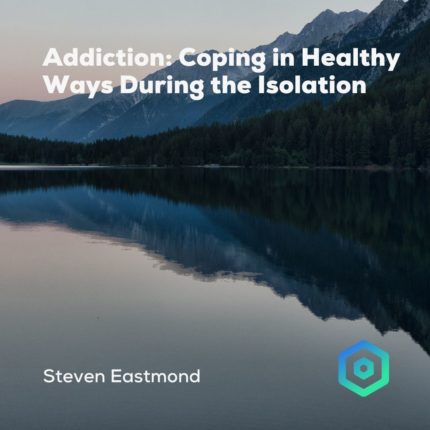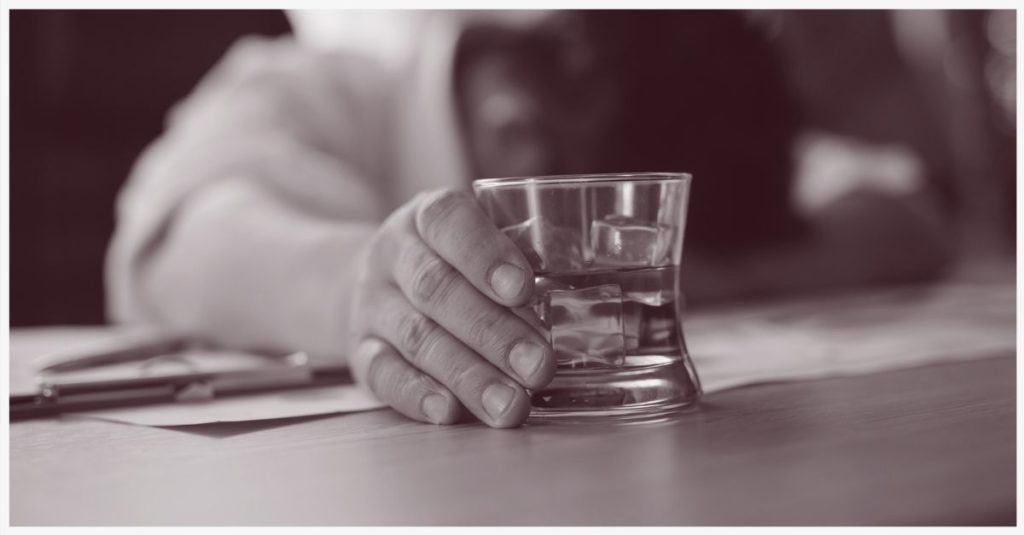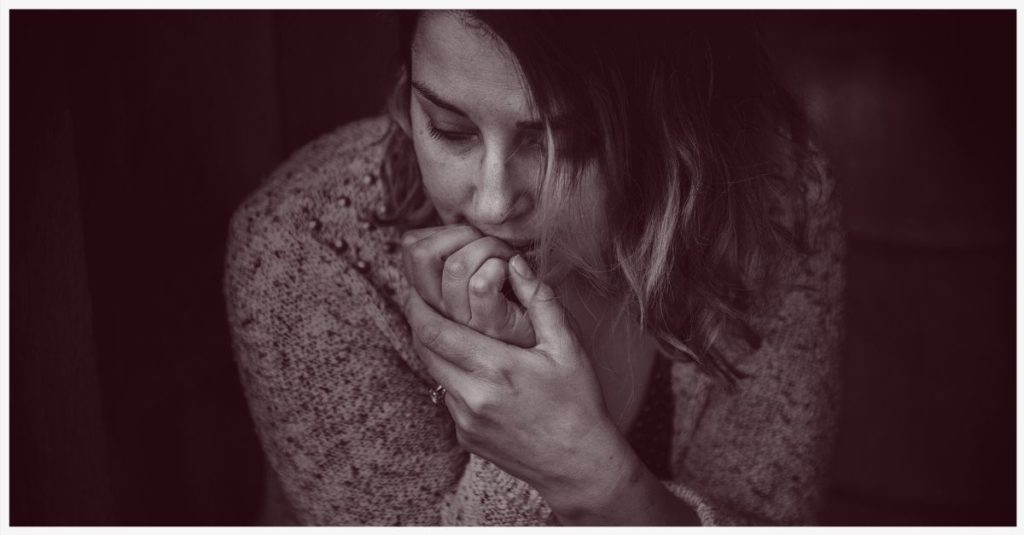Helping a Loved One in an Addiction
One of the hardest challenges one can experience is having a family member or loved one stuck in the throes of addiction. Rates of addiction in American society are extremely high. According to the American Addiction Centers, in 2017 38% of adults in the United States suffered from an addiction. The larger problem in that statistic is that this translates into 38% of American families struggling with how to handle a loved one who has an addiction.
Understanding a loved one’s Addiction
Addiction is a crippling disease. On one hand, it creates chaos in the lives of the individuals imprisoned by it, slowly robbing them of their health, their employment, their dignity, and unfortunately and far too often, even their lives. But on the other hand, this illness also carries a painful stigma. Few men and women who struggle under the iron grip of addiction do so without the shame it inflicts. And the shame is not exclusive just to the individual who is addicted.
Families of a loved one in addiction typically grapple with it in ignorance and fear. So often their family member takes exorbitant efforts to acquire, use, and hide their habit, all while making promises to reform. The rift that results in the family from the ravages of addiction is deep and emotional.
Start by Seeking Support
The first and most important thing that you should do if you have a family member in addiction is to take care of yourself first. Seek counseling and support for yourself and other family members. In addition, a member of your local clergy in your church, a close and trusted friend or family member, or a medical doctor may be a good person to turn to. Simply having someone to talk with who would listen and be supportive can help. Do not underestimate the value of being able to just openly talk. It may also be helpful to join a support group such as Al-anon or Alateen, which are groups that are free to the public and are structured specifically to help family members of alcoholics.
Here’s How You Can Help
How do you help your loved one who is trapped in their addiction? This question is the most prominent and poignant for every family who loves someone who is addicted. The answers to this question are varied and depend largely on the individual and their circumstances, but a few suggestions are merited.
Of course, if you can get the individual into a treatment center and/or a counselor with particular skills and training in treating addiction, that is ideal. This is not always possible, given that many addicted individuals are not highly motivated to seek treatment, or do not yet have insight into the need to get help.
Confronting Your Loved One About Their Addiction
If your loved one resists getting help or is in denial about having a problem, you will likely need to get some help to confront the addicted individual in some way, through what is often known as an intervention. Seek the help of a professional and do not attempt an intervention on your own.

When Should You Begin an Intervention?
It is ultimately best to carry out this intervention soon after a negative event has occurred related to the addict’s behaviors. While the concerns are fresh and clear in the minds of everyone involved, it is less likely the addicted individual can deny or minimize as effectively.
Confronting your loved one with their addiction can be difficult and emotions often are high in these situations. It is important to be prepared for that. These emotions are another one of the reasons why having professional help is so important. Sometimes these interventions can backfire and should only be done as a last resort and with the assistance of someone trained and knowledgeable in addiction issues.
Get Professional Help
Ultimately, having a loved one in the throes of addiction is an incredibly taxing and exhausting experience. Seek professional help for yourself as soon as you can, not just for the individual struggling.
Steven Eastmond, LCSW
Family Transitions Counseling (familytcc.com)
Steve is a Utah native and earned a master’s in social work from Washington University in St. Louis, the top school of social work in the country. He owns and runs Family Transitions Counseling in Pleasant Grove, Utah and has other therapists working in this clinic as well. Steve is also an adjunct professor of social work at Utah Valley University.






